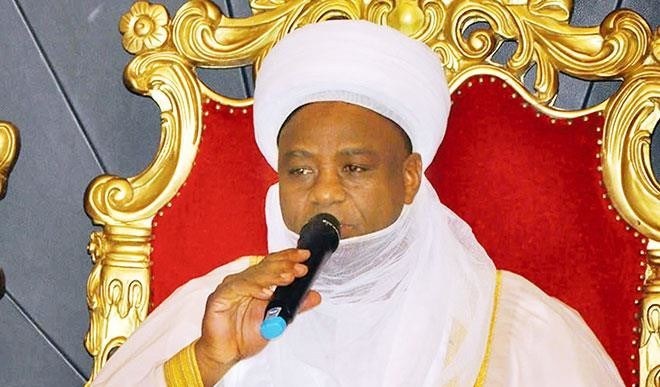News
Supreme Council wants security agencies to protect Nigerian Muslims

The Nigerian Supreme Council for Islamic Affairs (NSCIA) has called on security agencies in the country to protect the lives and properties of Muslims.
The council made the call via a communique signed by its Secretary General and Director of Administration, Ishaq Oloyede and Zubairu Haruna respectively.
The communique was released after the council’s extraordinary Expanded General Purpose Committee meeting held in Abuja in December. The meeting was presided over by NSCIA’s President-General and Sultan of Sokoto, Sa’ad Abubakar III.
The meeting was attended by Muslim leaders across the country.
The communique noted that Muslims are being persecuted in the country’s South-east region by non-Muslims.
“As Muslims are being profiled and killed in what appears as ethnoreligious cleansing in the South East by some non-Muslims which is evident in the recent confessions by some individuals, the Committee called on security agencies to do more to protect the lives and properties of Muslims and bring the perpetrators of such killings to justice,” it stated.
The council also expressed concern about the general insecurity across the including terrorism, banditry, kidnapping and ritual killings.
“More Muslims should establish private universities for the educational development of Nigeria as a whole and Islam in particular because Muslim students in some private universities owned by non-Muslims are being subjected to religious victimisation and oppression,” it added.
The council stressed the need for the right of Muslim women to wear the Hijab as ruled by the Supreme Court of Nigeria.
“The Supreme Court of Nigeria had affirmed the legality, legitimacy and rights of Muslims to hijab in compliance with Section 38, Subsection 1 of the Nigerian Constitution (as amended in 2011) which states, “Every person shall be entitled to freedom of thought, conscience and religion…(either alone or in community with others, and public and or in private) to manifest and propagate his religion or belief in worship, teaching, practice and observance.”
“Therefore, Muslim women should feel free to wear their hijab and no person or institution should discriminate against them,” the communique noted.






